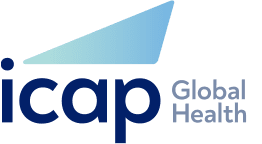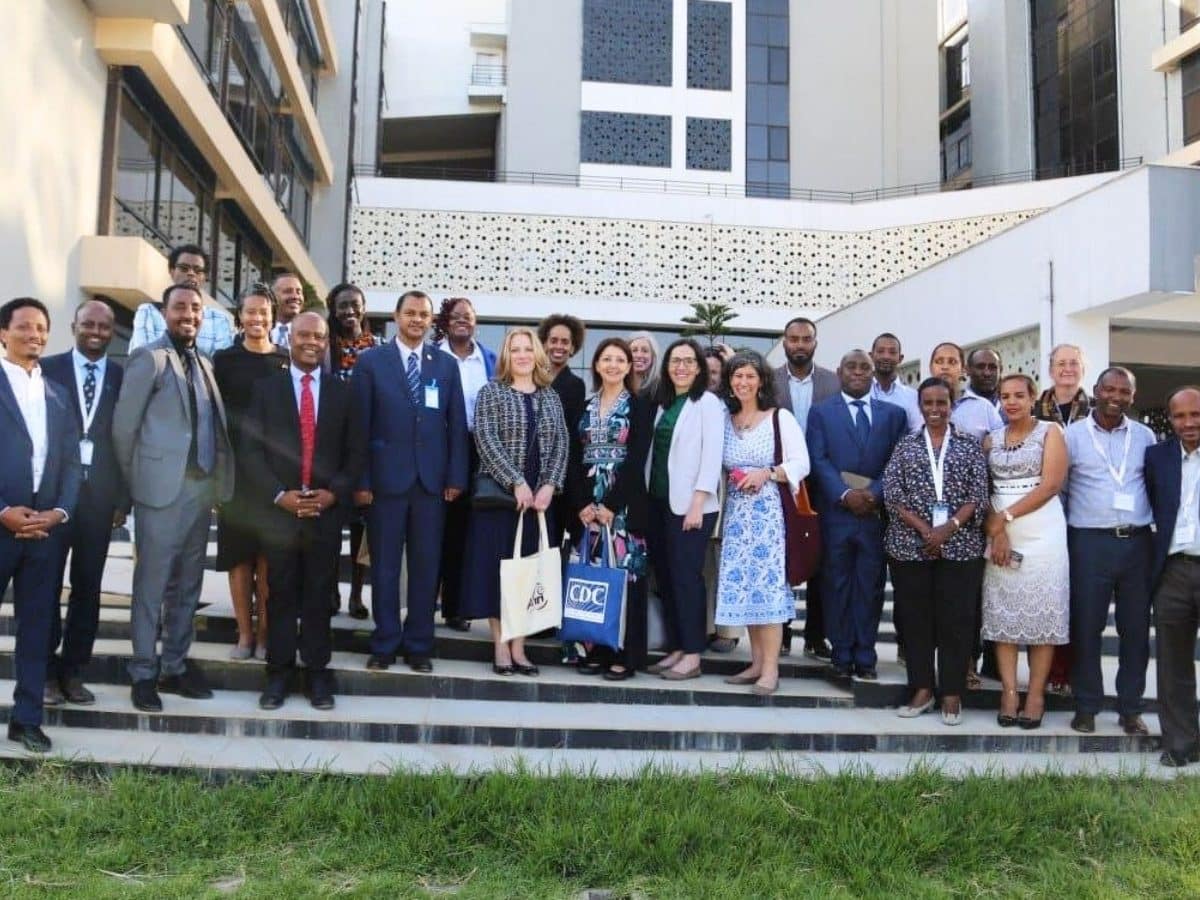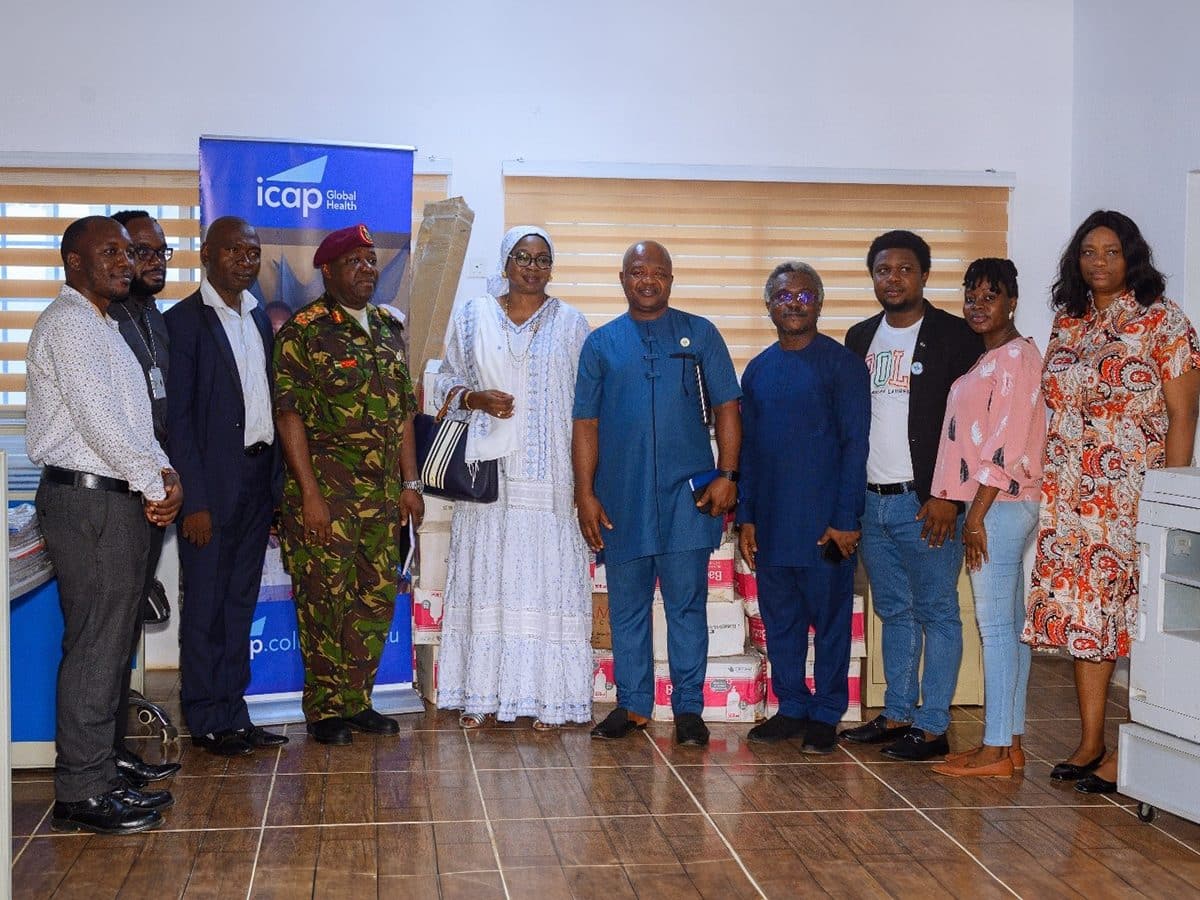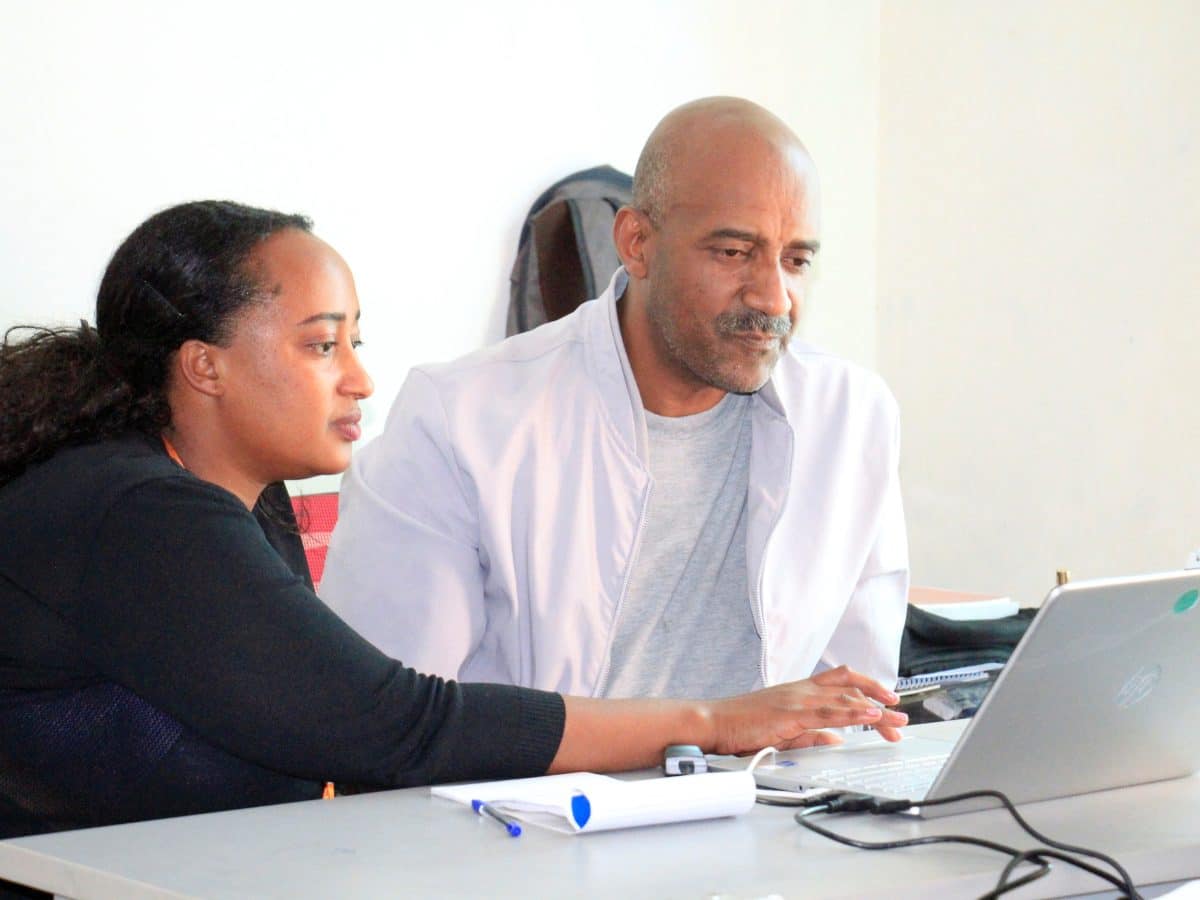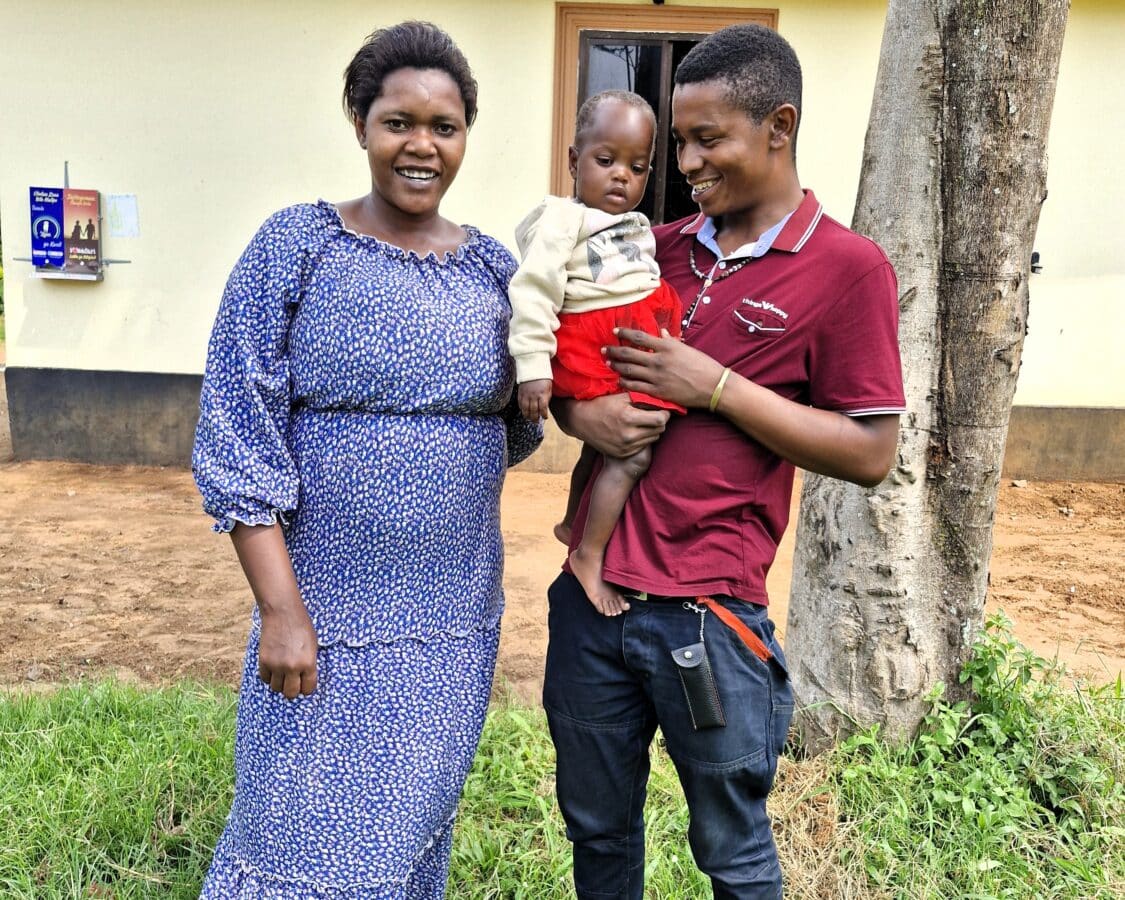!{filedir_1}hss_photo1.jpg!
Ministries of Health and US Government staff from around the world joined the Columbia University Mailman School of Public Health (“MSPH”:http://www.mailman.columbia.edu/) this week for the online phase of a new course on health systems strengthening hosted by ICAP in partnership with the MSPH Departments of Population and Family Health, Sociomedical Sciences, and Health Policy and Management.
Thirty-five professionals from health ministries in Barbados, Jamaica, Kenya, Namibia, South Africa, Tobago, Uganda, and Vietnam and their country counterparts from the US Centers for Disease Control and Prevention (“CDC”:http://www.cdc.gov/) and the US Agency for International Development (USAID) convened for this novel initiative, which aims to enhance health professionals’ ability to design, implement, and evaluate health systems strengthening activities.
“This course goes beyond a simple review of health system building blocks,” said Helen de Pinho, assistant professor of population and family health and associate director of the Averting Maternal Death and Disability Program at the Mailman School. “Cross cutting themes include the need for systems thinking and the interactions between different components of the health system.” Other course topics include human resources management, health financing, governance and accountability, and the integration of targeted health programs into broader health systems.
Using a blended onsite and online curricular design, the first phase of the course brought participants together for a five-day intensive workshop in Cape Town, South Africa in July 2011 led by “Health Systems 20/20”:http://www.healthsystems2020.org/ with ICAP, CDC, and USAID. The second phase, launched this October, employs distance learning and face-to-face instruction for six months, using collaborative tools, including a course website, wiki, discussion board, as well as pre-recorded lectures and real-time online lectures and discussions. Building on its experience with distance education, ICAP is leading this phase in partnership with Health Systems 20/20, CDC, and USAID
“We are very pleased to see the high level of engagement and enthusiasm from participants,” said Tegan Culler, ICAP health systems training officer, who has worked with each country team to facilitate access to the web-based tools. “Participants are already applying their health system strengthening knowledge in their day-to-day work.”
The health systems strengthening course is supported by CDC and USAID, and is part of a larger portfolio of health systems research and training led by Wafaa El-Sadr, director of ICAP, and Miriam Rabkin, director for health systems strategies at ICAP. Marita Murrman, associate clinical professor of sociomedical sciences, and Margaret Kruk, assistant professor of health policy and management, have also been instrumental in the design and implementation of the course.

